Celebrating the Magic of Three Kings Day in Spain: A Guide for Expats
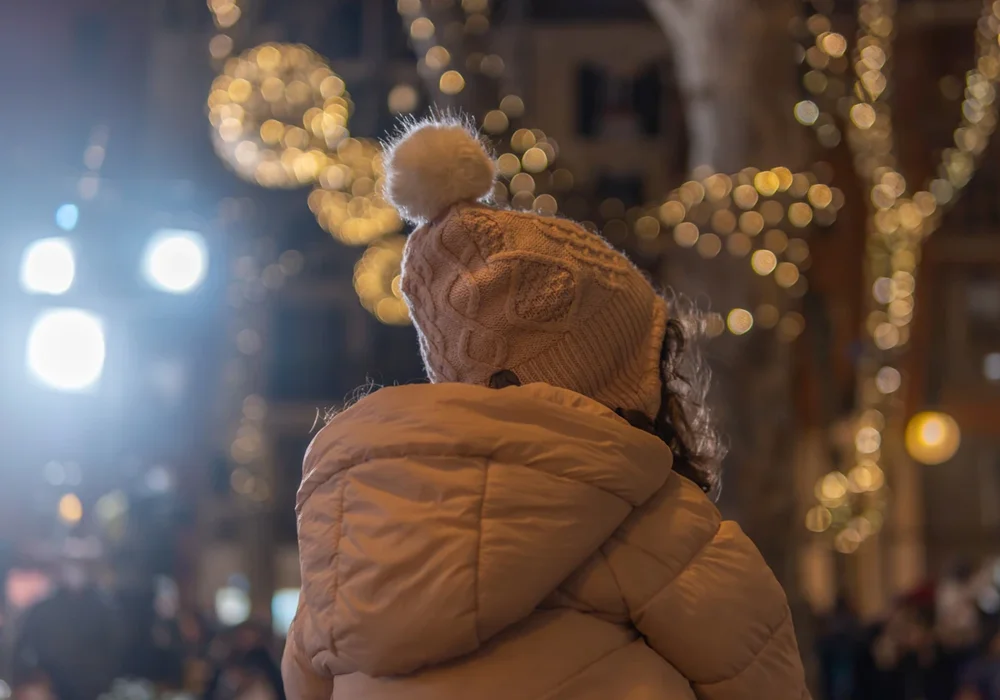
As the Christmas festivities wind down in many parts of the world, Spain is just gearing up for one of its most beloved and vibrant celebrations: the Day of the Three Kings, or "Día de los Reyes Magos." This joyous holiday, observed on January 6th, is a time of great excitement and tradition, especially for families and children.
The Arrival of the Three Kings
The celebrations begin on January 5th, the eve of the Epiphany, with the grand arrival of the Three Kings: Melchior, Gaspar, and Balthazar. In various cities across Spain, these wise men make their entrance in spectacular fashion.
In Marbella, for instance, the Three Kings arrive by boat at Puerto Deportivo at 5:00 PM, where they are greeted by the mayor and then proceed through the town in open-top vintage cars, eventually reaching the historic Ayuntamiento to receive the keys to the city[1].
In Barcelona, the Kings arrive at the Portal de la Pau aboard a schooner at 4:30 PM, where they are welcomed by the Mayor and presented with bread and salt, symbolizing hospitality. They then make their way through the city in traditional carts[2].
The Three Kings Parade
The evening of January 5th is marked by the "Cabalgata de Reyes," a colorful and lively parade that takes place in almost every town and city in Spain. These parades are a highlight of the celebrations, featuring elaborate floats, costumed performers, and of course, the Three Kings themselves, who shower the crowds with sweets and small gifts.
In Marbella, the parade starts at 6:00 PM along Avenida Ricardo Soriano, ending at Avenida Severo Ochoa. Families gather early to secure good spots and collect the candies and toys thrown from the floats[1].
In Barcelona, the parade begins at 6:00 PM, following a route from Avenida Marquès de l’Argentera to Montjuïc’s Magic Fountain. The event includes floats with new features and is a major attraction for both locals and visitors[2].
In Tenerife, several parades take place across the island, with notable events in Santa Cruz and Los Cristianos. The parade in Santa Cruz starts at 17:00 and includes a show for children, followed by a procession through the streets[3].
Traditions and Family Celebrations
On January 6th, Spanish families gather to celebrate the Day of the Three Kings. This is the day when children traditionally receive their gifts, as opposed to Christmas Day. The evening before, children leave their shoes at the door, hoping the Three Kings will leave presents during their nightly visit[3].
A special tradition involves the "Roscón de Reyes," a ring-shaped sweet bread with a hidden surprise—usually a small figurine of Jesus. Whoever finds this trinket becomes the "King of the house" for the day[1].
January 6th is a national holiday, allowing families to enjoy their traditions without the hustle and bustle of daily life. Families often gather for a large lunch or early dinner, enjoying traditional Spanish food and spending hours in conversation[4].
Writing Letters to the Three Kings
In the days leading up to the celebration, children write letters to the Three Kings, listing their wishes for gifts. In Marbella, there is a special "Casa del Cartero Real" (House of the Royal Mailman) where children can post their letters, adding to the magical experience of the holiday season[1].
Cultural Significance
The Day of the Three Kings is deeply rooted in Spanish culture and history, tracing back to the biblical account of the Magi visiting the newborn Jesus. Over time, this religious observance has evolved into a broader cultural festival, capturing the imagination of Spanish communities and symbolizing generosity, community unity, and the continuation of long-standing traditions[1].
For expats living in Spain, participating in the Three Kings Day celebrations offers a unique opportunity to immerse themselves in the local culture and experience the joy and camaraderie that this holiday brings. Whether you are in Marbella, Barcelona, Tenerife, or any other part of Spain, the magic of the Three Kings is sure to leave a lasting impression.
Related Stories
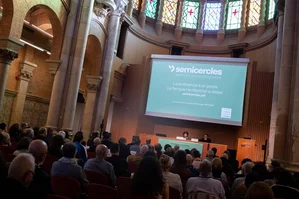
Plataforma per la Llengua Highlights the Bond Between Language and Identity
Plataforma per la Llengua champions the Catalan language as key to identity in Catalonia, countering threats to the region's linguistic heritage.
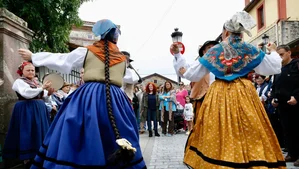
Community Honors Rural Women on International Day of Rural Women
Cabezón de la Sal honors rural women with "Sembrando futuro" theme on International Day of Rural Women, celebrating their pivotal role in community and agriculture.
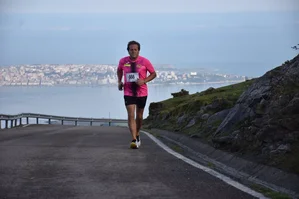
Traditional Nocturnal Ascent to Peña Cabarga Returns
Cantabria's cherished nocturnal hike, "Subida Nocturna a Peña Cabarga," returns this October, offering a unique journey through stunning landscapes under the stars.
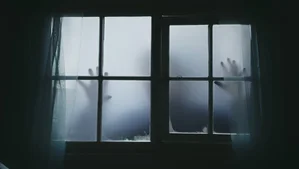
New Edition of the Ruta del Misterio: Unveiling Paranormal Phenomena in Torrelavega
Torrelavega's Ruta del Misterio returns this October, promising a thrilling exploration of the paranormal across 10 enigmatic stops.
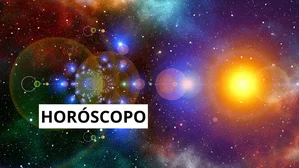
Horoscope Insights for Expats in Spain: Sunday, October 20, 2024
Expats in Spain, especially Scorpios, may face relationship challenges on October 20, 2024. Tips on navigating social circles and romantic friction included.